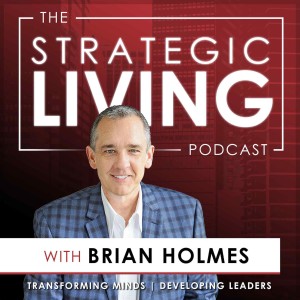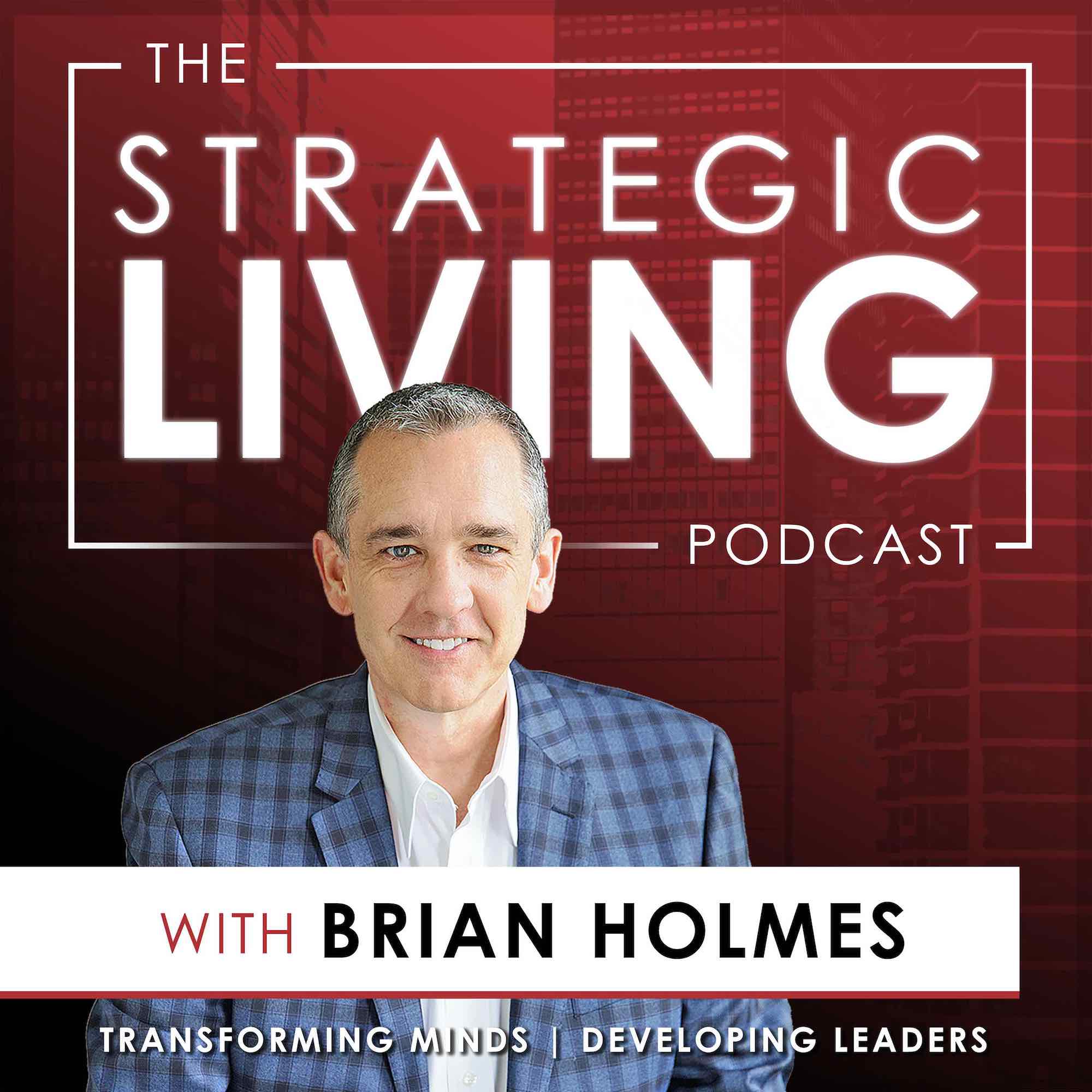Episodes

Wednesday Jan 15, 2020
SLP143 - Secular Vs. Sacred
Wednesday Jan 15, 2020
Wednesday Jan 15, 2020
Many people believe there are two very distinct and separate arenas: Sacred and Secular. Religion has propagated this idea for centuries, and others have rallied for its sustention. Many believe there is no place for spiritual input in the practical world, and vice versa.
Today, I want to challenge that way of thinking. My hope is to convince you to consider we were never created to live separate, compartmentalized lives.
Thesis:
If we continue to segment our lives into secular and sacred compartments, we diminish our ability to be salt and light, and we abdicate our leadership responsibilities in culture.
- If we are not inserted into the areas needing our leadership, how can we lead?
- If salt is not applied, how can the environment be changed?
Defining Secular:
1: Of or relating to the worldly or temporal (secular concerns) b: not overtly or specifically religious (secular music) c: not ecclesiastical or clerical (secular courts; secular landowners)
2: Not bound by monastic vows or rules; specifically: of, relating to, or forming clergy not belonging to a religious order or congregation (a secular priest)
3: Denoting attitudes, activities, or other things that have no religious or spiritual basis.
Separation Origination:
In their book, Your Work Matters To God, authors Doug Sherman and William Hendricks state the following regarding holy versus unholy vocations:
This whole idea of secular versus religious is a Greek idea. These Greek ideas, clothed in biblical language, have for the most part, been passed down unchallenged to succeeding generations of Christians. As a result, most of us today bring assumptions to the biblical text, assumptions based on a worldview articulated by Plato, Aristotle, Plotinus, and other Greek thinkers. Likewise, if you have been around much Christian teaching, you’ve undoubtedly been influenced by at least some Greek ideas. Nothing overtly or purely pagan. But I suggest that Christianity in our culture has absorbed from its tradition a number of subtle beliefs that trace back to Greek philosophy. Now I am not ‘down’ on philosophy. Nor am I ‘down’ on the Greek philosophers, for they have provided us with many insights into philosophical questions. Nevertheless, reading the Bible through their eyes – through Greek glasses – can severely distort the truth of God’s Word. We will think that the Bible says things it does not say, and overlook important things it does say. The result will be a distorted view of life. And a distorted view of work. Wearing Greek glasses, one would tend to ignore or disparage everyday work. This is how work looks when viewed through these lenses.
Dualism:
As Christianity grew outside Jerusalem, believers became influenced by a wide array of philosophies. Early Greek scholars like Plato introduced dualism, which says life is divided into two compartments: the spiritual or eternal, and the temporal realm of the physical.
Plato’s dualism entered the church through many of the church fathers that were Greek philosophers who had converted to Christianity. They attempted to reconcile Greek thought with Christianity.
For years, we have presented a theology that promotes literal separation and isolation, even though the Bible teaches us to …
- Go
- Infiltrate wolves
- Be wise and harmless
- Be salt and light
- Bring heaven on earth
- Stand for righteousness and truth
So how do we reconcile the “be ye separate” and the “salt and light” idea?
Is it an EITHER/OR, or is it a BOTH/AND?
Closing Thoughts:
- Stop trying to keep your spiritual life and your daily life separated.
- Understand that WHO you are, and WHAT you have to offer are needed.
- You highest service to God is to take the God in you into the field where you are called.
- Serve, lead, work, build.


No comments yet. Be the first to say something!